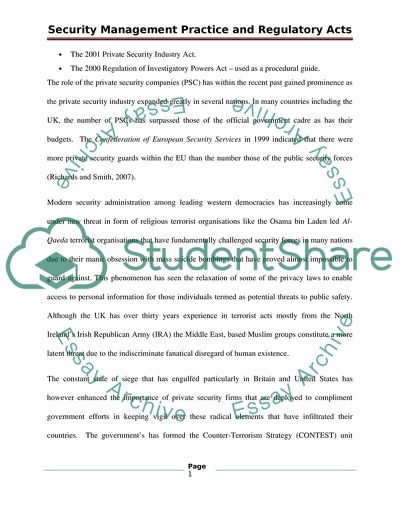Cite this document
(“UK Security Management Practice and Regulatory Acts Essay”, n.d.)
UK Security Management Practice and Regulatory Acts Essay. Retrieved from https://studentshare.org/social-science/1562166-uk-security-management-practice-and-regulatory-acts
UK Security Management Practice and Regulatory Acts Essay. Retrieved from https://studentshare.org/social-science/1562166-uk-security-management-practice-and-regulatory-acts
(UK Security Management Practice and Regulatory Acts Essay)
UK Security Management Practice and Regulatory Acts Essay. https://studentshare.org/social-science/1562166-uk-security-management-practice-and-regulatory-acts.
UK Security Management Practice and Regulatory Acts Essay. https://studentshare.org/social-science/1562166-uk-security-management-practice-and-regulatory-acts.
“UK Security Management Practice and Regulatory Acts Essay”, n.d. https://studentshare.org/social-science/1562166-uk-security-management-practice-and-regulatory-acts.


